Indian origin doctor at UTSW pushes early heart screenings for South Asians
South Asians face higher heart disease risk due to genetic, cultural, and environmental factors, often developing conditions younger and at healthy weights, his research says.
.jpg) Dr. Anand Rohatgi. / University of Texas Southwestern Medical Center
Dr. Anand Rohatgi. / University of Texas Southwestern Medical Center
Dr. Anand Rohatgi, an Indian-origin cardiologist at University of Texas Southwestern Medical Center (UTSW), has led a new framework urging earlier screening and targeted care to address high rates of heart disease among South Asians in the U.S. and Canada.
Dr. Rohatgi developed the framework with global collaborators to reduce the burden of cardiometabolic diseases in South Asian populations. The recommendations were published in the American Journal of Preventive Cardiology.
“It occurred to us that health care providers and other stakeholders could use a road map to identify gaps in clinical care and research while addressing how we can collectively move forward,” Dr. Rohatgi told UTSW.
South Asians – including people with roots in India, Pakistan, Bangladesh, Nepal, Sri Lanka, Maldives, and Bhutan – make up over five million people in the U.S. and more than two million in Canada. Though they represent about 25 percent of the global population, they account for 60 percent of cardiovascular disease cases.
Dr. Rohatgi said the elevated risk is linked to a mix of genetic, cultural, and environmental factors. South Asians are more likely to develop heart disease and related conditions at younger ages, even at normal body weights.
“There’s a lot of background evidence on elevated heart disease risk in South Asians, but a lack of prospective programming and interventions for prevention and management,” he told UTSW.
The new guidance encourages clinicians to begin screenings earlier for blood sugar levels, body composition, arterial plaque, and genetic risk factors. Mental health and adverse pregnancy outcomes should also be part of routine evaluation.
South Asians may benefit from medications or lifestyle changes even if standard test results appear normal, according to the authors.
Since 2022, UTSW’s South Asian Heart Program in Coppell has modeled this proactive approach. Dr. Rohatgi also leads a coronary plaque registry in North Texas to gather more data on heart disease risk in this group.
The authors emphasized the need for culturally relevant care, including dietary guidance tailored to South Asian cuisine and partnerships with community leaders to promote healthy habits. They also called for more South Asian inclusion in clinical research and greater awareness among clinicians.
“Our biggest takeaway is that people who are part of South Asian communities or who engage with them in any way, particularly in medicine, should become aware of the risk and take action to empower South Asians to lead healthy lives,” Dr. Rohatgi told UTSW.
ADVERTISEMENT
ADVERTISEMENT
E Paper
Video




 Pranavi Sharma
Pranavi Sharma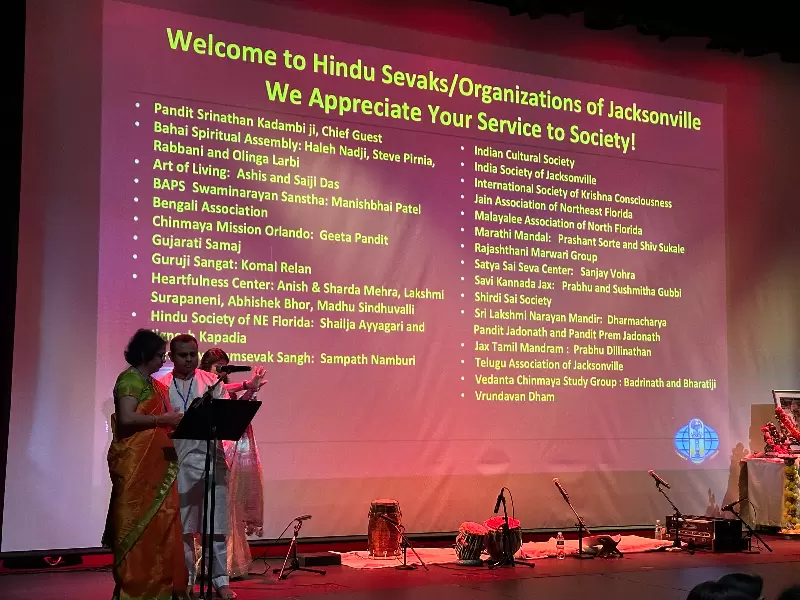
.jpg)
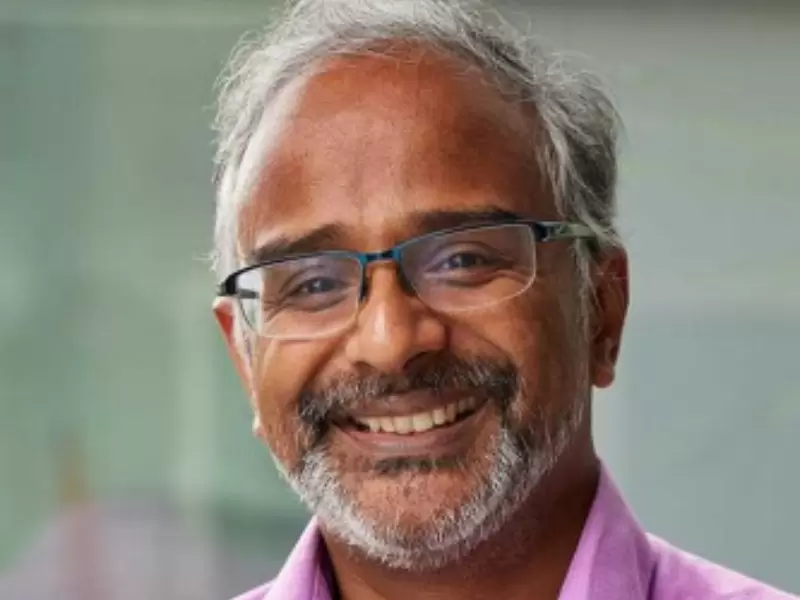
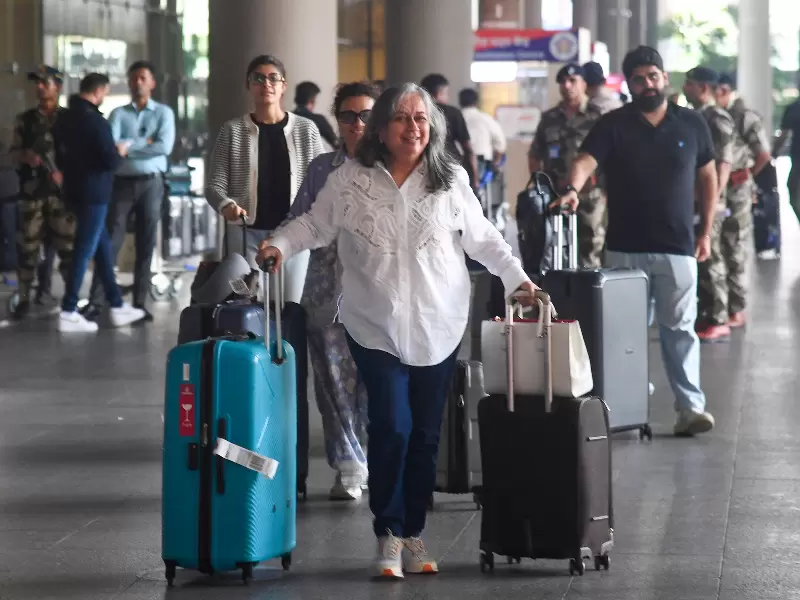

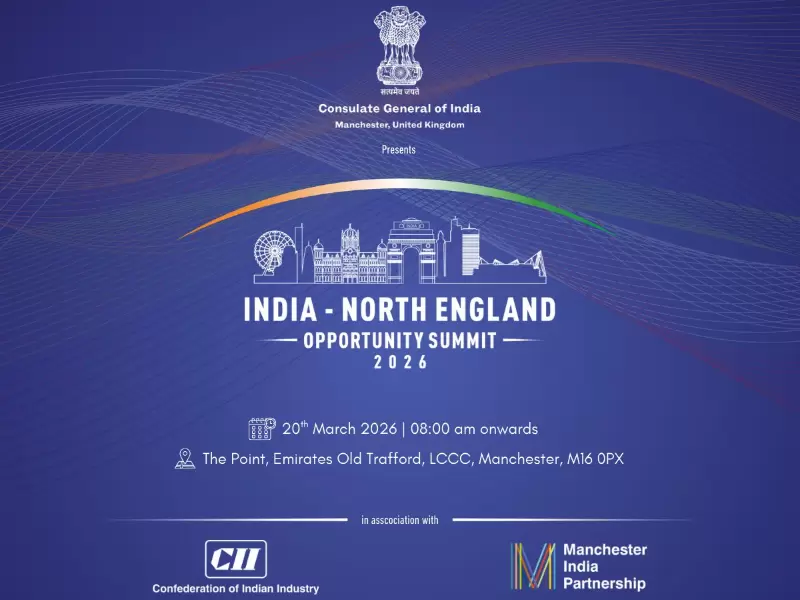

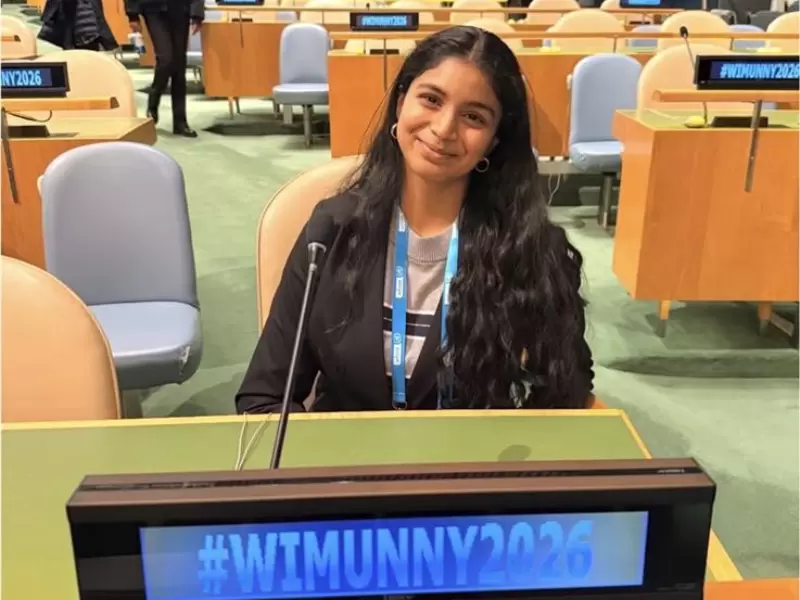

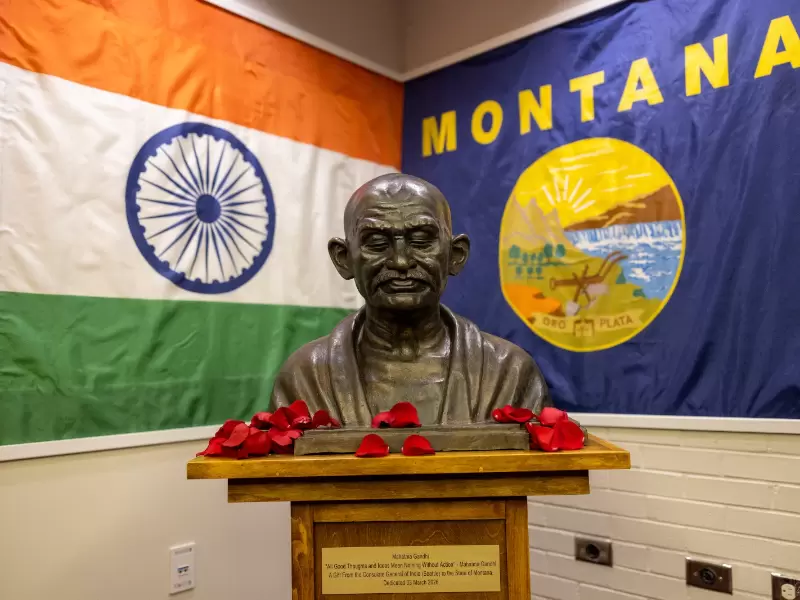




Comments
Start the conversation
Become a member of New India Abroad to start commenting.
Sign Up Now
Already have an account? Login